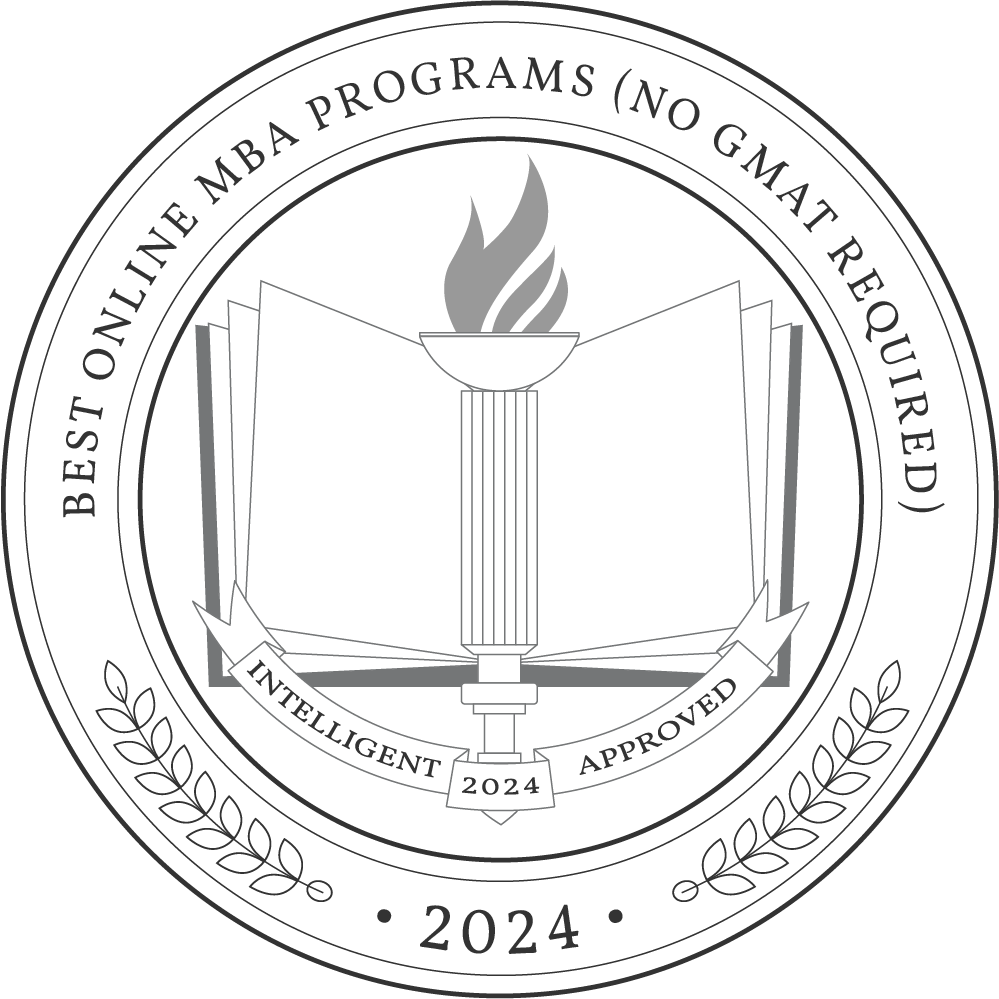Earning an MBA can greatly increase your earning potential, develop new professional skills, and prepare for various career advancement options. However, students who have been out of school for many years or don’t perform well on standardized tests may be reluctant to apply for MBA programs if they require a standardized test like the Graduate Management Admission Test (GMAT) as part of the application process.
To make MBA programs more accessible to these students, Intelligent.com compiled this list of the best online MBA programs that don’t require the GMAT. The research team evaluated dozens of programs based on cost, faculty, rankings, and retention and graduation rates.
Michelle Pickett, the director of Northern Illinois University’s Academic Advising Center, also offers her insight into the value of an MBA and what students need to know about applying to and enrolling in online MBA programs.
Online MBA (No GMAT Required) Program Overview
What is an MBA?
An MBA, or a Master of Business Administration, is a graduate program designed to provide students with broad business skills and knowledge. This type of degree usually covers many business areas, including finance, marketing, management, operations, strategy, and entrepreneurship. An MBA is highly regarded in the business world and can open up many exciting opportunities for career advancement and professional growth.
Traditionally, many MBA programs required applicants to submit GMAT (Graduate Management Admission Test) scores as part of the admission process. When an MBA program doesn’t require a GMAT, applicants are not obligated to submit GMAT scores during the application process.
Schools without a GMAT requirement are “great options for those who do not perform well on standardized tests,” says Northern Illinois University’s Academic Advising Center Director Michelle Pickett. “They are also great options for those with significant work experience that will contribute to their MBA studies.” This policy often helps attract a broader pool of candidates and allows admissions committees to consider other qualifications beyond standardized test scores. Therefore, schools can emphasize different aspects of the application, such as work experience, academic records, recommendation letters, essays, and interviews, to assess an applicant’s potential for success in the program.
How long does it take to get an MBA degree?
On average, full-time MBA programs typically take one to two years. However, the duration can vary depending on the program’s structure and the required credits or courses. Some programs offer accelerated options that can be completed in less than a year, while others may have extended formats over two or more years.
The duration of an MBA program can also vary depending on prerequisites, structure, and whether you choose to pursue it on a part- or full-time basis.
Prerequisites
Many MBA programs that don’t have a GMAT requirement “require that applicants have a specific number of years of professional experience after completion of a bachelor’s degree,” says Pickett. In addition, most MBA programs require applicants to hold a bachelor’s degree from an accredited institution, and programs without a GMAT requirement may be more selective about which undergraduate majors they will accept. Having a background in business or a related field is always helpful, but “some programs may require individuals to complete courses in business if their bachelor’s degree was not in business or a business-related area,” adds Pickett.
Asynchronous vs. Synchronous Learning
MBA programs are offered in either asynchronous or synchronous learning formats, and both forms can be ideal for different reasons.
Asynchronous learning allows students to complete coursework at their own pace, making it suitable for those who need to balance their studies with other commitments. On the other hand, synchronous learning involves real-time engagement through live online classes and discussions. This format offers immediate interaction and facilitates student collaboration but may require adherence to a set schedule.
Full-Time vs. Part-Time
MBA programs are often offered in both full- and part-time formats, allowing students to choose an option that aligns with their personal and professional commitments. While students enrolled in full-time MBA programs can often complete their degree in one to two years, part-time students are frequently on a more flexible timeline and usually complete their degree in two to four years.
What are the admission requirements of an MBA degree?
MBA programs that do not require the GMAT often have alternative admission requirements to assess a candidate’s suitability for the program. While the specific requirements may vary between institutions, the following list includes some standard admission criteria these programs usually consider.
Academic Background
Most MBA programs require applicants to hold a bachelor’s degree from an accredited institution. While a specific undergraduate major may not be necessary, some programs may prefer candidates with a bachelor’s degree in business or a related field, like finance or marketing. The admissions committee will also evaluate academic transcripts and the student’s GPA to assess past academic performance.
Work Experience
Many MBA programs value and prioritize candidates with professional experience, which brings real-world insights and perspectives to the classroom. This requirement can vary but typically ranges from two to five years of relevant work experience. Applicants must demonstrate career progression, leadership potential, and relevant achievements in their professional roles.
Personal Statement or Essays
Prospective students must usually submit a personal statement or an essay for their application. These essays allow applicants to articulate their career goals, motivations for pursuing an MBA, and how the program aligns with their aspirations.
Letters of Recommendation
MBA programs often request letters of recommendation from individuals who can provide insight into the applicant’s character, qualifications, and potential for success in the program. These recommendations are typically requested from supervisors, managers, or colleagues who can speak to the candidate’s professional abilities and potential for leadership.
Interviews
Some MBA programs conduct interviews as part of the admission process. Interviews allow the admissions committee to assess the applicant’s communication skills and interpersonal abilities and may be conducted in person, over the phone, or via video conference.
How much does an MBA degree cost?
According to recent data from the Education Data Initiative, the cost of a master’s degree can range from $30,000 to $120,000, with the average cost of an MBA coming in at $61,800. However, it’s crucial to remember that cost can vary based on different scenarios and factors, such as whether you enroll part- or full-time and qualify for in-state or out-of-state tuition rates.
Full-Time vs. Part-Time
Since full-time programs are often more immersive and operate at an accelerated pace, they typically have higher tuition rates than part-time programs. Part-time programs can have lower tuition fees but may extend longer, making it possible to incur a higher tuition bill depending on the program’s cost structure.
In-State vs. Out-Of-State Tuition
In the United States, public universities often have different tuition rates for in-state and out-of-state students. In-state tuition is generally lower and available to students who are residents of the state where the school is located. Out-of-state students who are not state residents may be required to pay higher tuition.
The Top 50 Online MBA Degree Programs (No GMAT Required)
Institution Type
Status
- Intelligent Score
- Alphabetically By University Name
- Acceptance Rate
- Enrollment
- In-state Graduate Tuition
- Out-of-state Graduate Tuition
- In-state Undergraduate Tuition
- Out-of-state Undergraduate Tuition
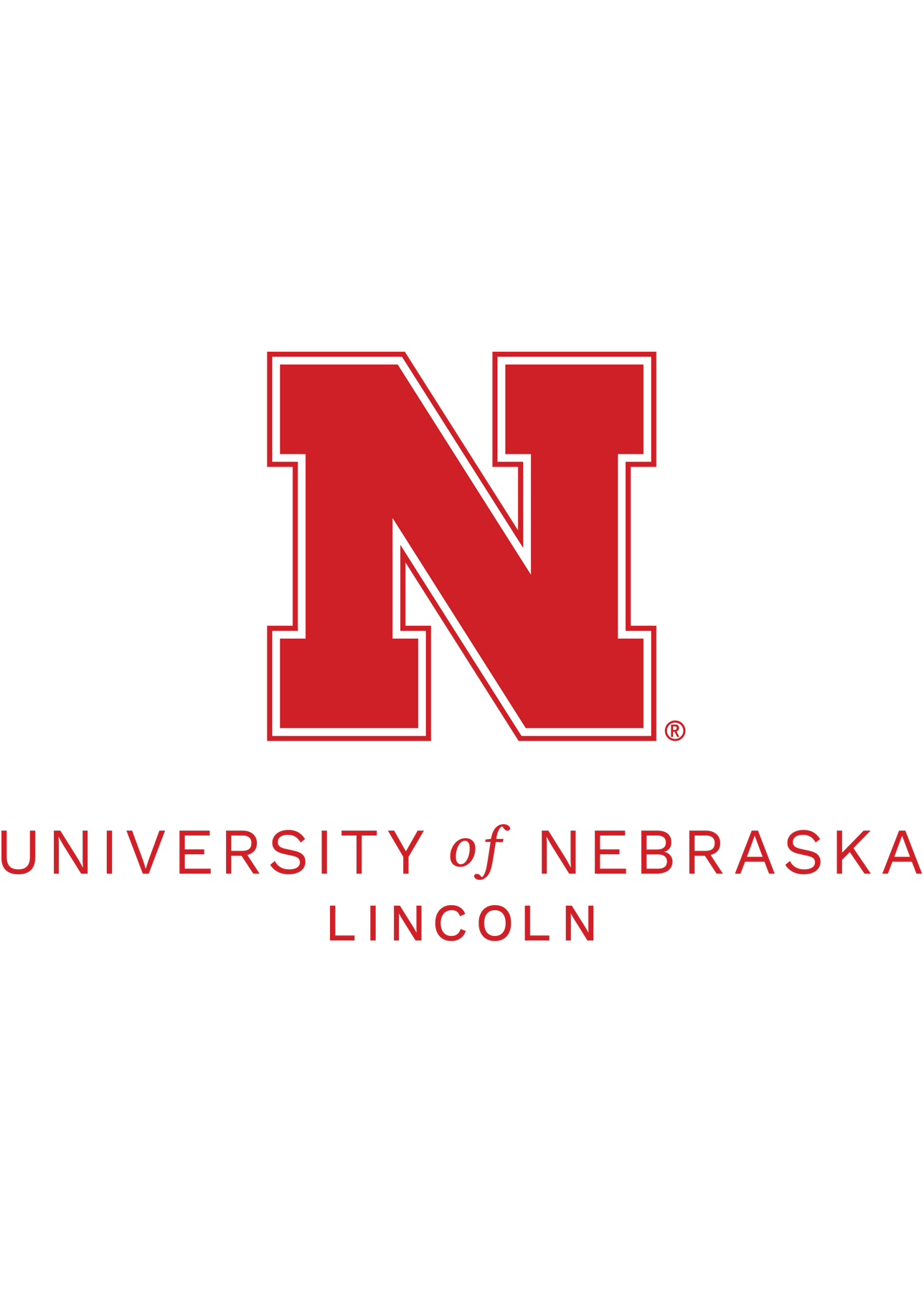
University of Nebraska-Lincoln College of Business
Intelligent Score: 99.98Undergraduate Tuition
In-state: $7,770
Out-of-state: $24,900
Graduate Tuition
In-state: $6,138
Out-of-state: $6,138
Test scores
SAT: 1110-1320
ACT: 22-28
ESTIMATED COST PER CREDIT
$650
DELIVERY FORMAT
Online
ACCREDITATION
Association to Advance Collegiate Schools of Business
REQUIRED CREDITS TO GRADUATE
48

Embry - Riddle Aeronautical University
Intelligent Score: 98.25Undergraduate Tuition
In-state: $36,456
Out-of-state: $36,456
Graduate Tuition
In-state: $18,228
Out-of-state: $18,228
Test scores
SAT: 1140-1320
ACT: 23-29
ESTIMATED COST PER CREDIT
$1,000
DELIVERY FORMAT
Online
ACCREDITATION
Accreditation Council for Business Schools and Programs
REQUIRED CREDITS TO GRADUATE
33

University of Massachusetts Amherst
Intelligent Score: 98.19Undergraduate Tuition
In-state: $15,791
Out-of-state: $35,779
Graduate Tuition
In-state: $14,014
Out-of-state: $14,014
Test scores
SAT: 1200-1390
ACT: 27-32
ESTIMATED COST PER CREDIT
$925
DELIVERY FORMAT
Online
ACCREDITATION
Association to Advance Collegiate Schools of Business
REQUIRED CREDITS TO GRADUATE
37-39
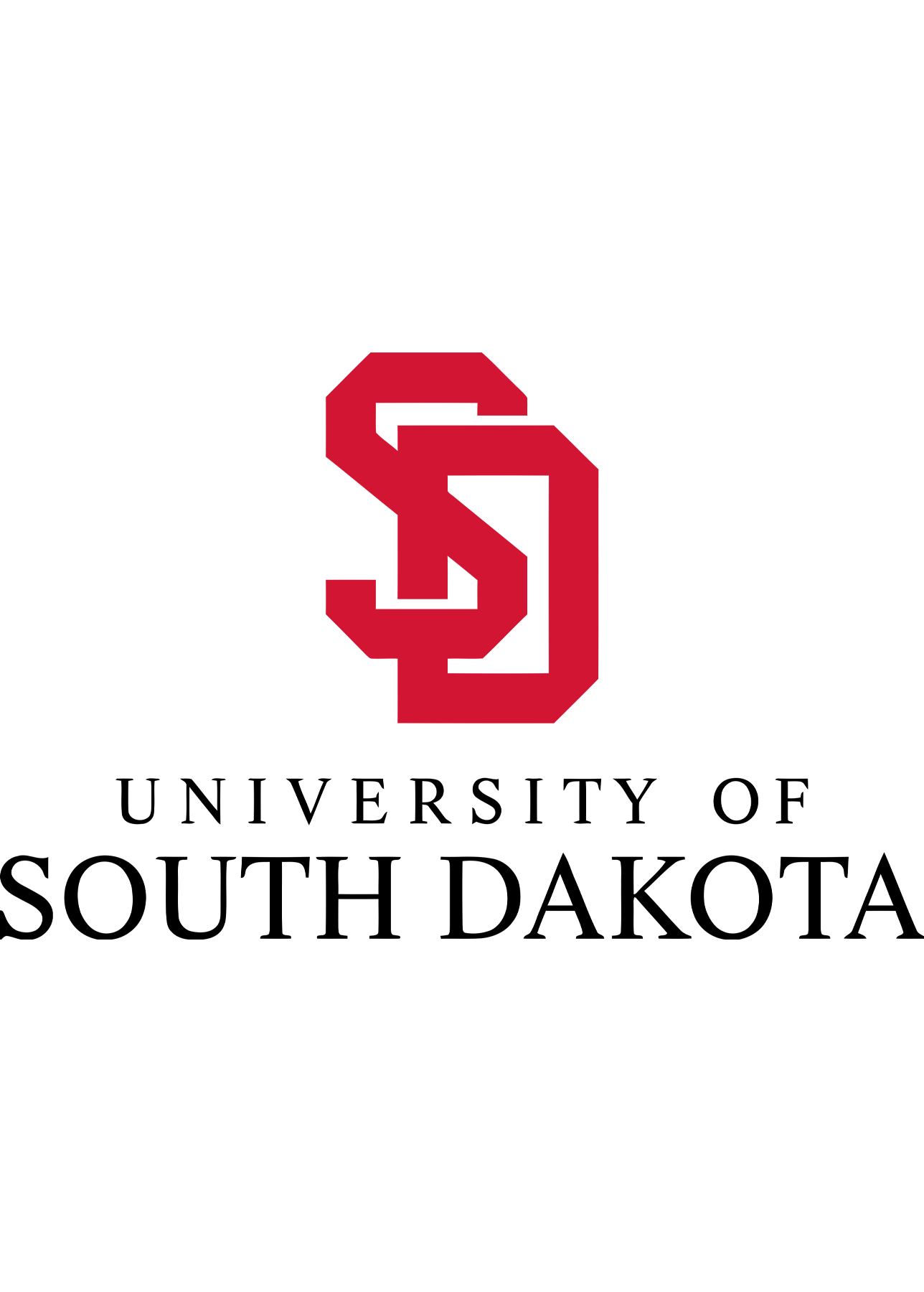
University of South Dakota
Intelligent Score: 98Undergraduate Tuition
In-state: $7,697
Out-of-state: $11,172
Graduate Tuition
In-state: $6,062
Out-of-state: $6,062
Test scores
SAT: 1000-1245
ACT: 20-25
ESTIMATED COST PER CREDIT
$470
DELIVERY FORMAT
Online
ACCREDITATION
Association to Advance Collegiate Schools of Business
REQUIRED CREDITS TO GRADUATE
33
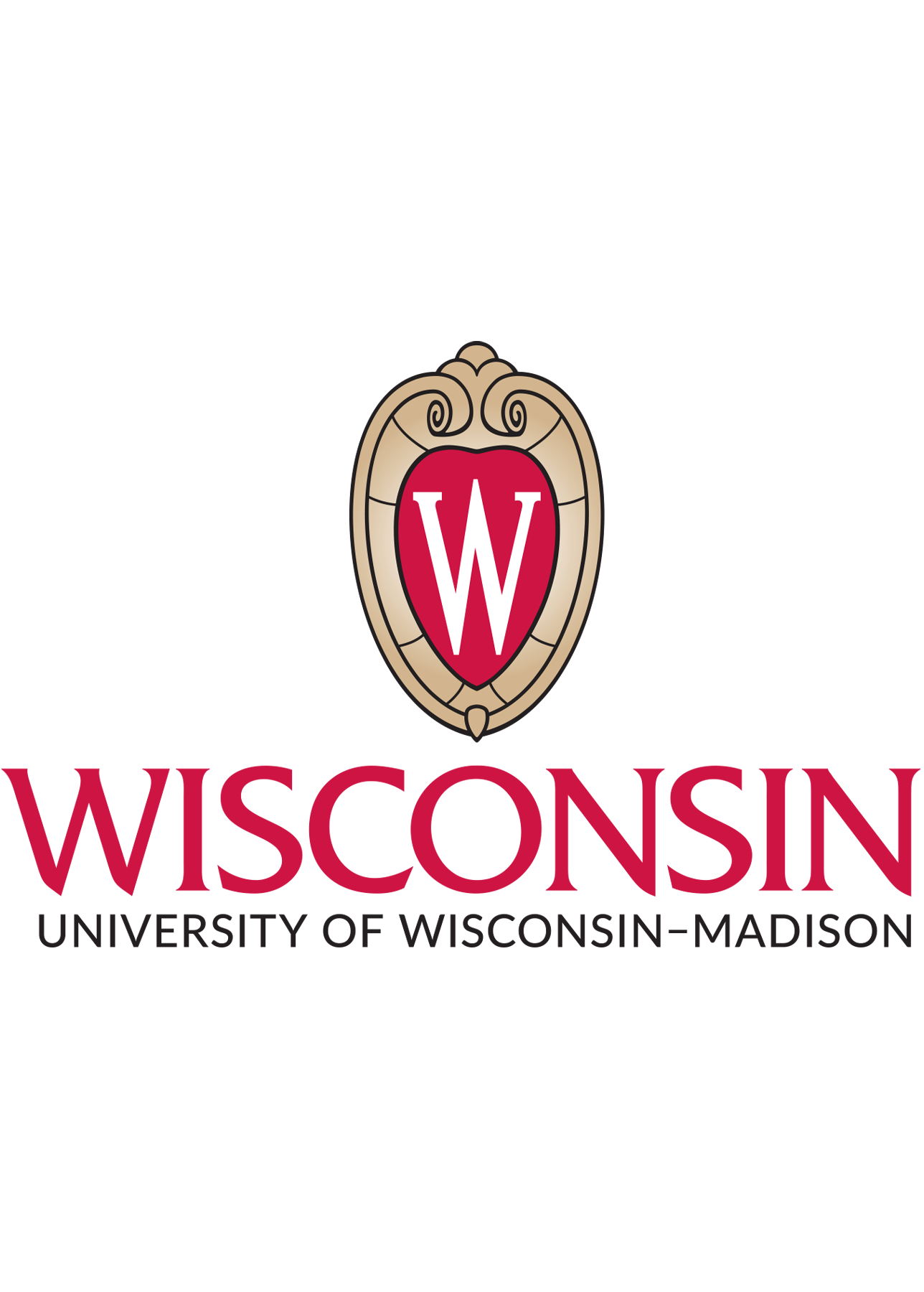
University of Wisconsin - Whitewater
Intelligent Score: 97.17Undergraduate Tuition
In-state: $9,273
Out-of-state: $37,161
Graduate Tuition
In-state: $10,728
Out-of-state: $10,728
Test scores
SAT: 1260-1460
ACT: 27-32
ESTIMATED COST PER CREDIT
$665
DELIVERY FORMAT
Online
ACCREDITATION
Association to Advance Collegiate Schools of Business
REQUIRED CREDITS TO GRADUATE
36
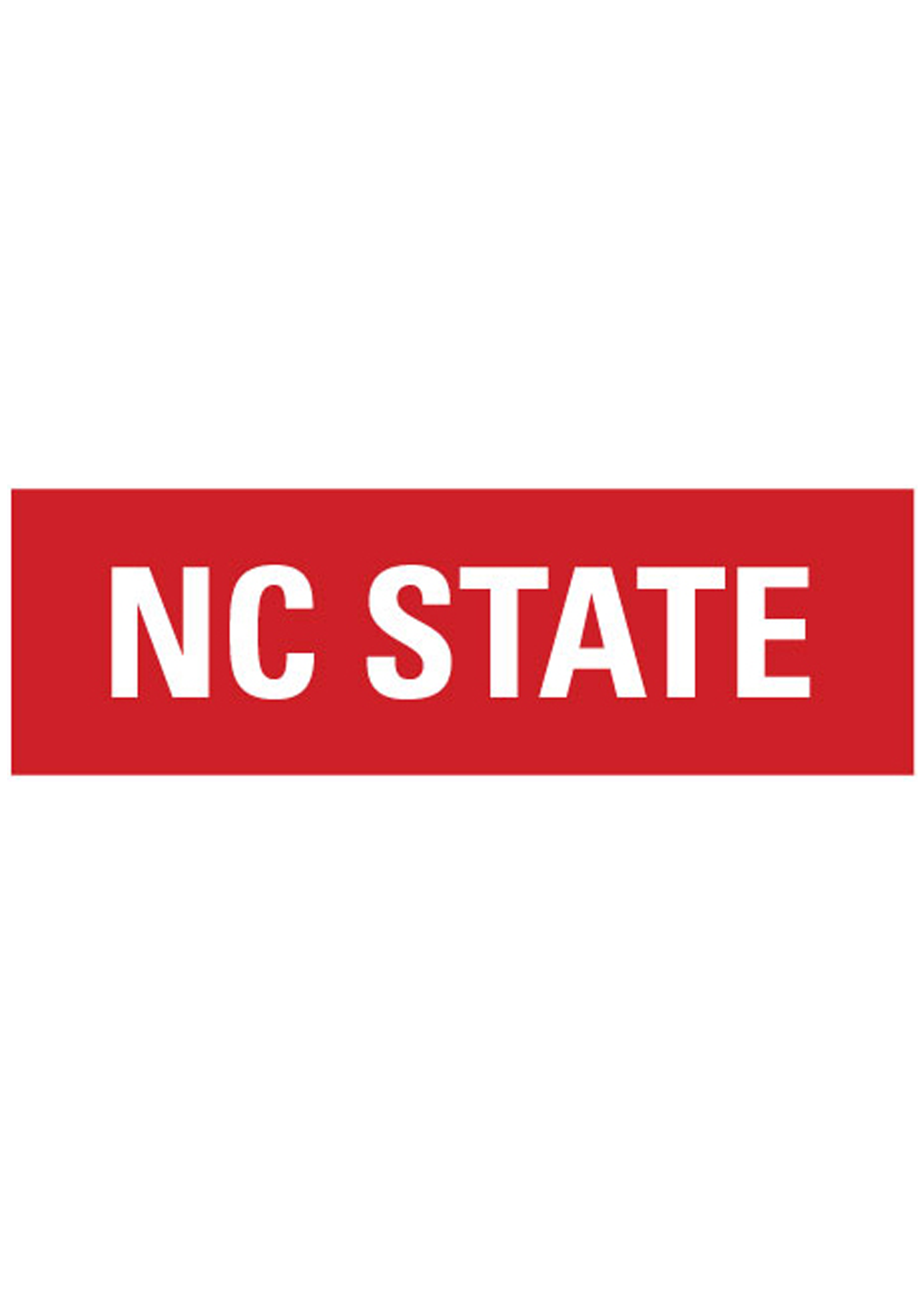
North Carolina State University
Intelligent Score: 95.85Undergraduate Tuition
In-state: $6,535
Out-of-state: $26,654
Graduate Tuition
In-state: $9,095
Out-of-state: $9,095
Test scores
SAT: 1230-1410
ACT: 27-32
ESTIMATED COST PER CREDIT
$1,325
DELIVERY FORMAT
Online
ACCREDITATION
Association to Advance Collegiate Schools of Business
REQUIRED CREDITS TO GRADUATE
40

Lehigh University
Intelligent Score: 95.59Undergraduate Tuition
In-state: $54,790
Out-of-state: $54,790
Graduate Tuition
In-state: $27,000
Out-of-state: $27,000
Test scores
SAT: 1260-1433
ACT: 29-33
ESTIMATED COST PER CREDIT
$1,295
DELIVERY FORMAT
Online
ACCREDITATION
Association to Advance Collegiate Schools of Business
REQUIRED CREDITS TO GRADUATE
36

West Chester University of Pennsylvania
Intelligent Score: 94.57Undergraduate Tuition
In-state: $7,716
Out-of-state: $19,290
Graduate Tuition
In-state: $9,288
Out-of-state: $9,288
Test scores
SAT: 1010-1180
ACT: 20-26
ESTIMATED COST PER CREDIT
In-State: $1,548
Out-of-State: $1,578
DELIVERY FORMAT
Online
ACCREDITATION
Association to Advance Collegiate Schools of Business
REQUIRED CREDITS TO GRADUATE
30

Auburn University
Intelligent Score: 94.13Undergraduate Tuition
In-state: $10,080
Out-of-state: $30,240
Graduate Tuition
In-state: $10,080
Out-of-state: $10,080
Test scores
SAT: 1160-1320
ACT: 25-31
ESTIMATED COST PER CREDIT
$900
DELIVERY FORMAT
Online
ACCREDITATION
Association to Advance Collegiate Schools of Business
REQUIRED CREDITS TO GRADUATE
39
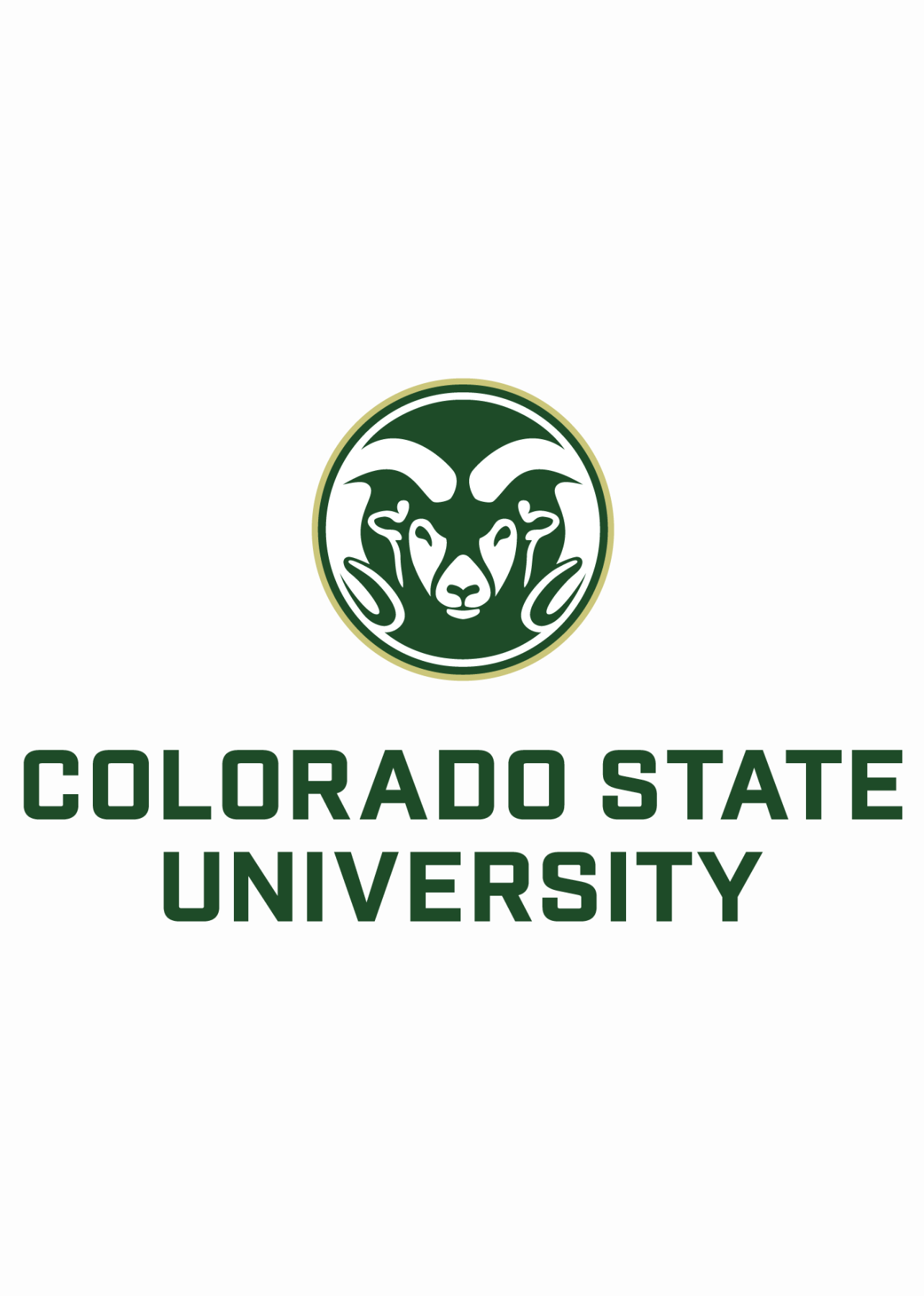
Colorado State University
Intelligent Score: 93.41Undergraduate Tuition
In-state: $9,426
Out-of-state: $28,147
Graduate Tuition
In-state: $10,520
Out-of-state: $10,520
Test scores
SAT: 1070-1280
ACT: 23-29
ESTIMATED COST PER CREDIT
$998
DELIVERY FORMAT
Online
ACCREDITATION
Association to Advance Collegiate Schools of Business
REQUIRED CREDITS TO GRADUATE
42

University of Maine
Intelligent Score: 93.12Undergraduate Tuition
In-state: $9,240
Out-of-state: $30,030
Graduate Tuition
In-state: $8,298
Out-of-state: $8,298
Test scores
SAT: N/A
ACT: N/A
ESTIMATED COST PER CREDIT
$650
DELIVERY FORMAT
Online
ACCREDITATION
Association to Advance Collegiate Schools of Business
REQUIRED CREDITS TO GRADUATE
30
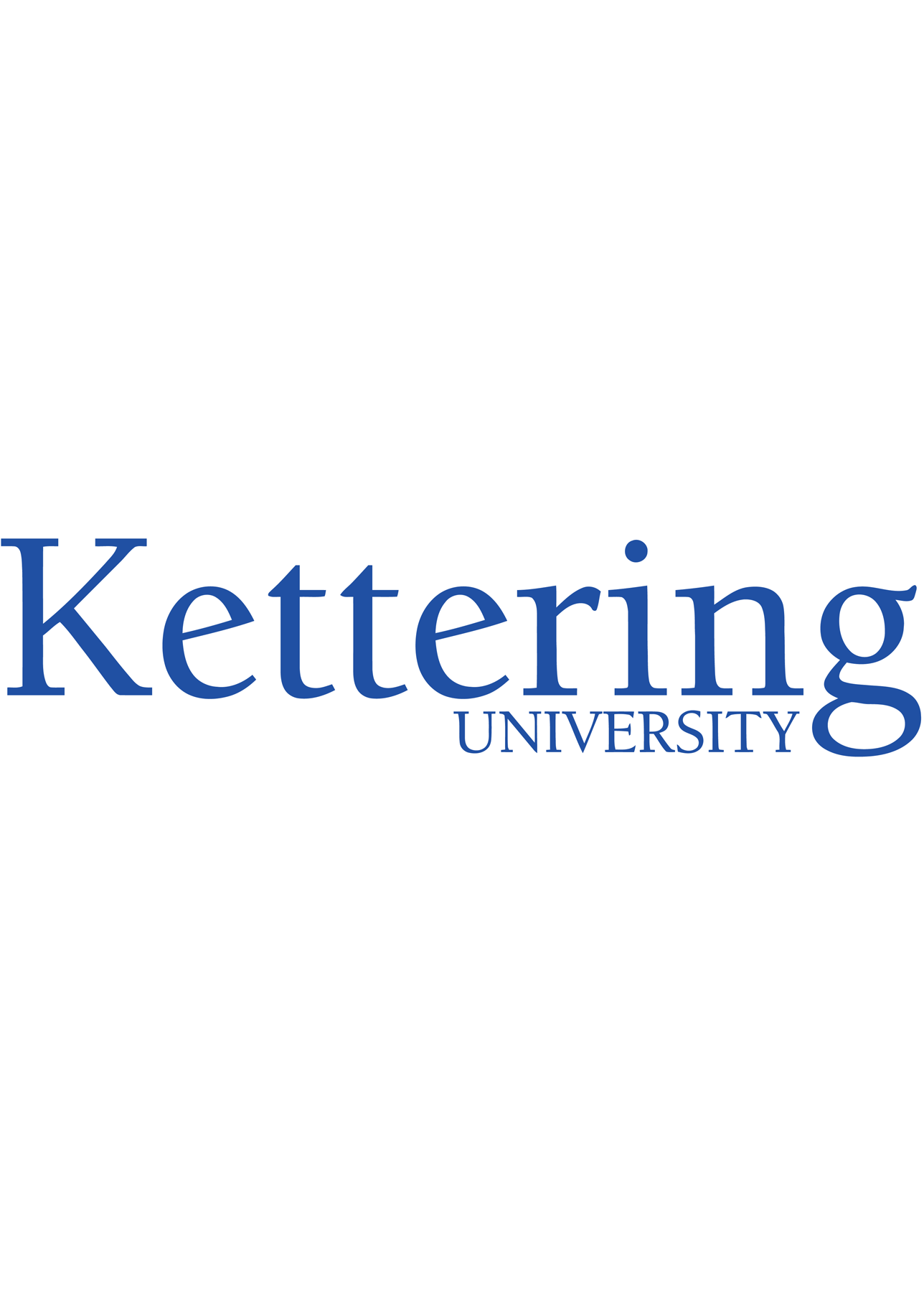
Kettering University
Intelligent Score: 92.98Undergraduate Tuition
In-state: $42,906
Out-of-state: $42,906
Graduate Tuition
In-state: $15,252
Out-of-state: $15,252
Test scores
SAT: 1180-1360
ACT: 25-30
ESTIMATED COST PER CREDIT
$965
DELIVERY FORMAT
Online
ACCREDITATION
Higher Learning Commission
REQUIRED CREDITS TO GRADUATE
40
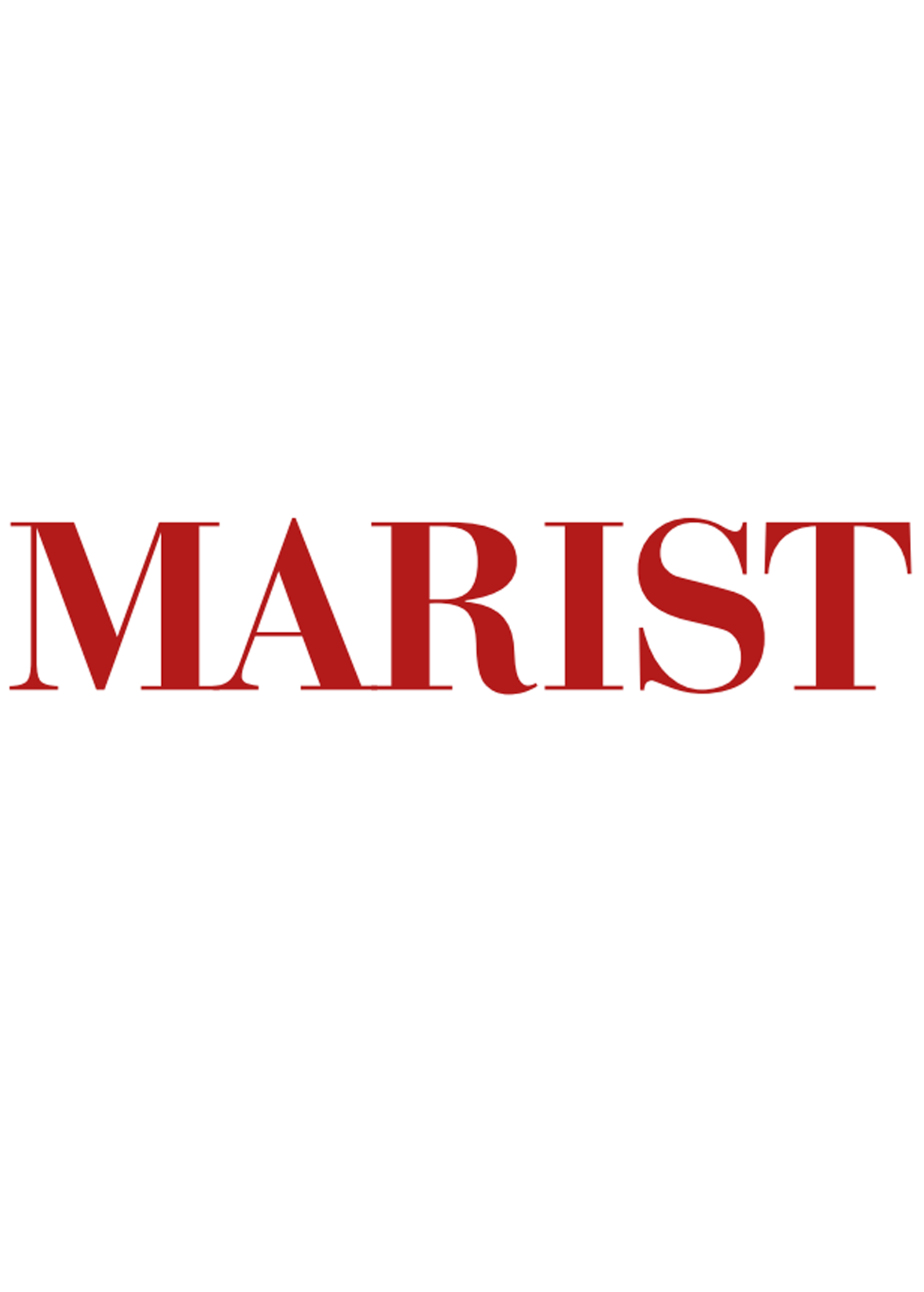
Marist College
Intelligent Score: 92.8Undergraduate Tuition
In-state: $39,925
Out-of-state: $39,925
Graduate Tuition
In-state: $15,300
Out-of-state: $15,300
Test scores
SAT: N/A
ACT: N/A
ESTIMATED COST PER CREDIT
$920
DELIVERY FORMAT
Online
ACCREDITATION
Association to Advance Collegiate Schools of Business
REQUIRED CREDITS TO GRADUATE
30
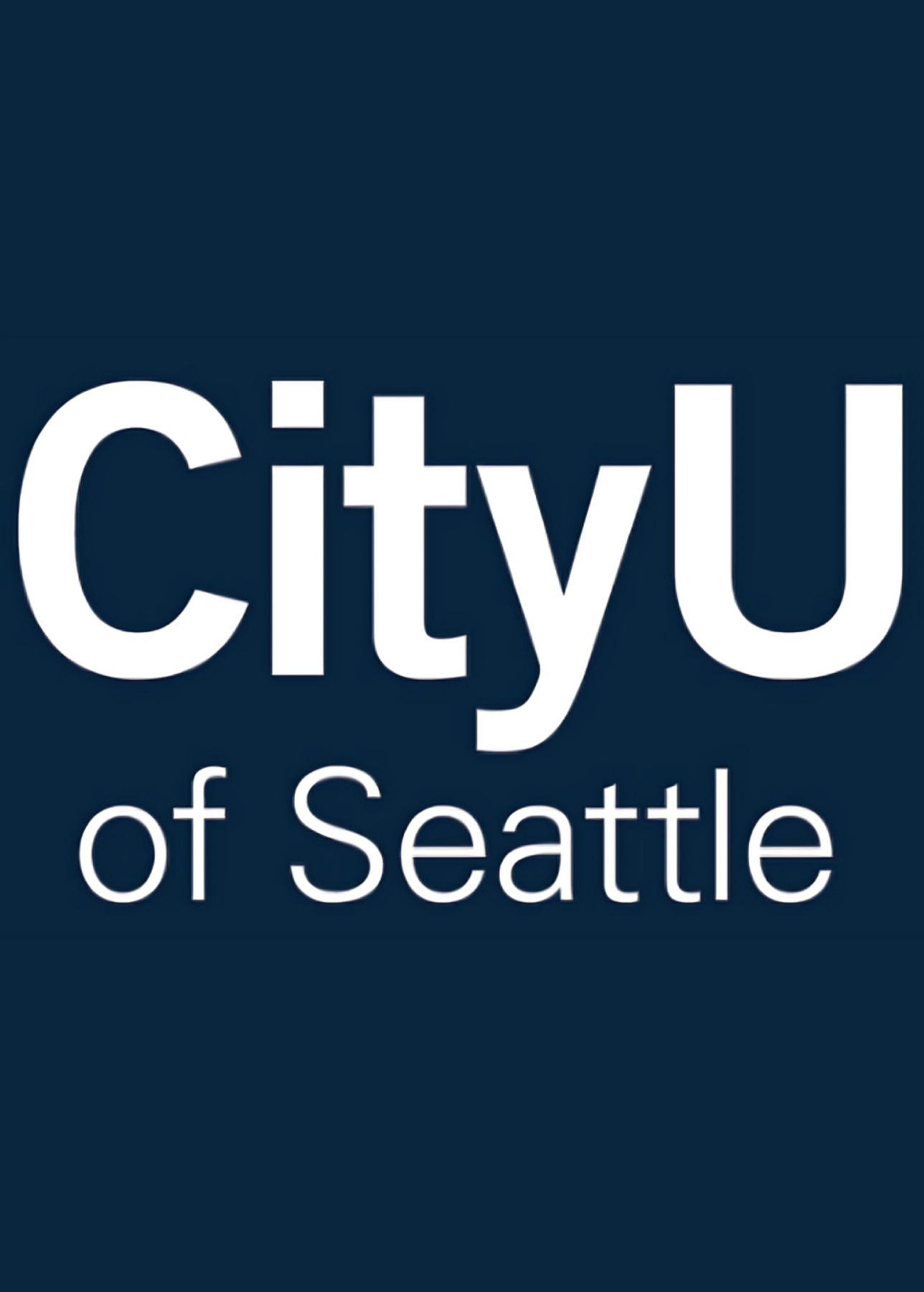
City University of Seattle
Intelligent Score: 91.82Undergraduate Tuition
In-state: $13,658
Out-of-state: $13,658
Graduate Tuition
In-state: $11,812
Out-of-state: $11,812
Test scores
SAT: N/A
ACT: N/A
ESTIMATED COST PER CREDIT
$735
DELIVERY FORMAT
Online
ACCREDITATION
Accreditation Council for Business Schools and Programs
REQUIRED CREDITS TO GRADUATE
39-51
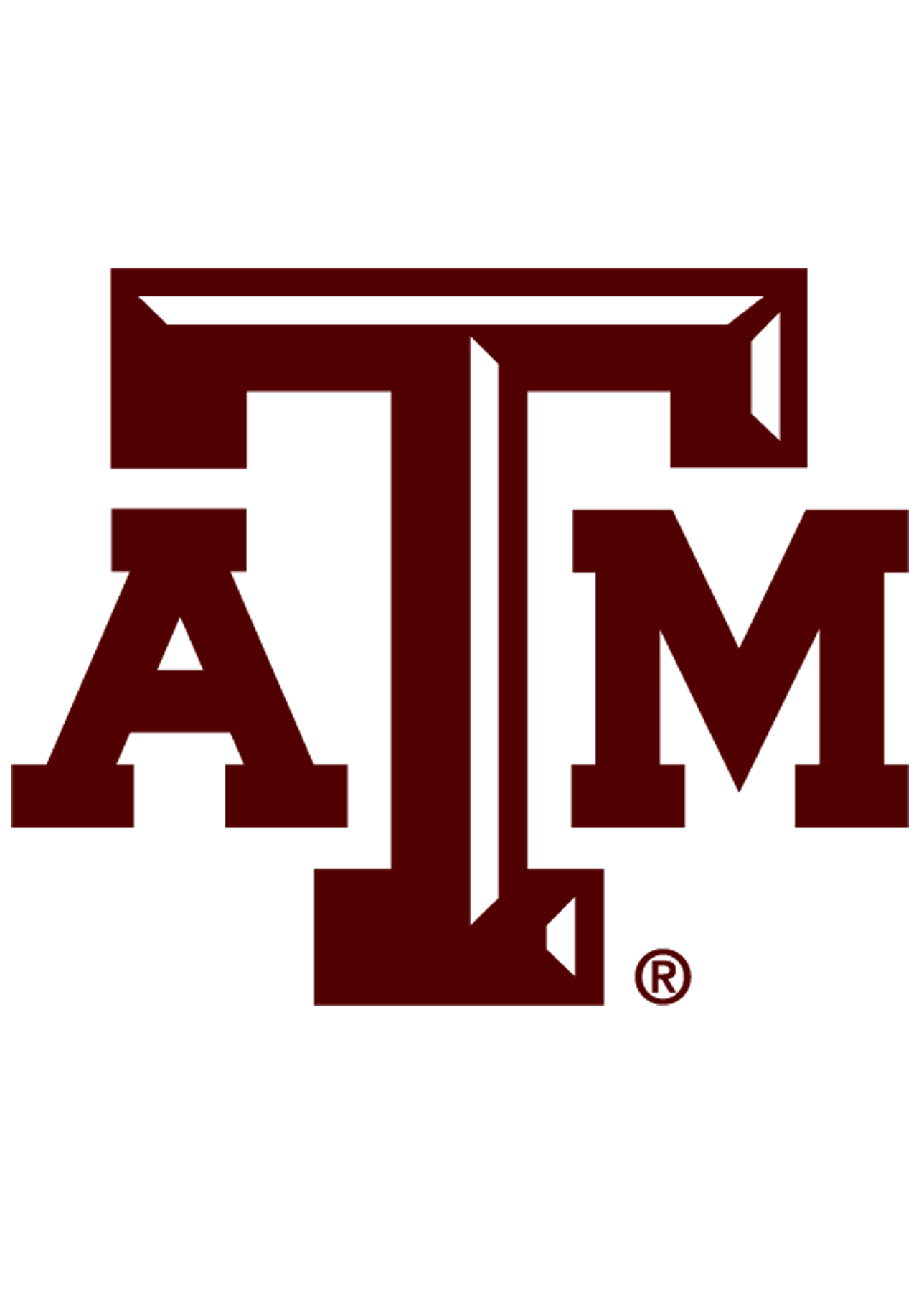
Texas A&M International University
Intelligent Score: 89.42Undergraduate Tuition
In-state: $8,395
Out-of-state: $36,849
Graduate Tuition
In-state: $6,775
Out-of-state: $6,775
Test scores
SAT: 1160-1380
ACT: 26-32
ESTIMATED COST PER CREDIT
$367
DELIVERY FORMAT
Online
ACCREDITATION
Association to Advance Collegiate Schools of Business
REQUIRED CREDITS TO GRADUATE
30
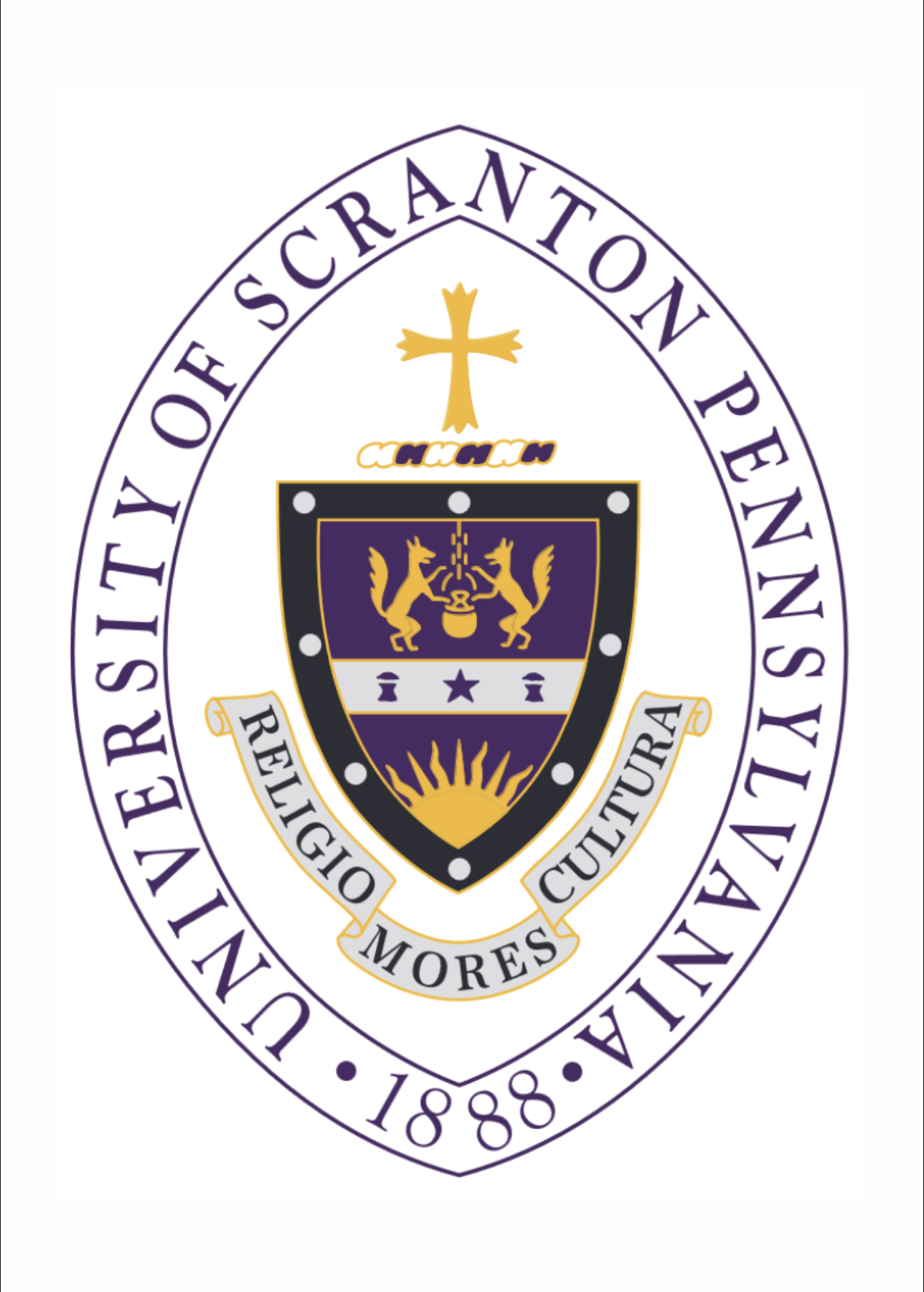
University of Scranton
Intelligent Score: 88.75Undergraduate Tuition
In-state: $46,684
Out-of-state: $46,684
Graduate Tuition
In-state: $11,580
Out-of-state: $11,580
Test scores
SAT: 1100-1280
ACT: 23-28
ESTIMATED COST PER CREDIT
$965
DELIVERY FORMAT
Online
ACCREDITATION
Association to Advance Collegiate Schools of Business
REQUIRED CREDITS TO GRADUATE
36-48

National University
Intelligent Score: 87Undergraduate Tuition
In-state: $13,320
Out-of-state: $13,320
Graduate Tuition
In-state: $15,480
Out-of-state: $15,480
Test scores
SAT: N/A
ACT: N/A
ESTIMATED COST PER CREDIT
$960
DELIVERY FORMAT
Online
ACCREDITATION
WASC Senior College and University Commission
REQUIRED CREDITS TO GRADUATE
54-63
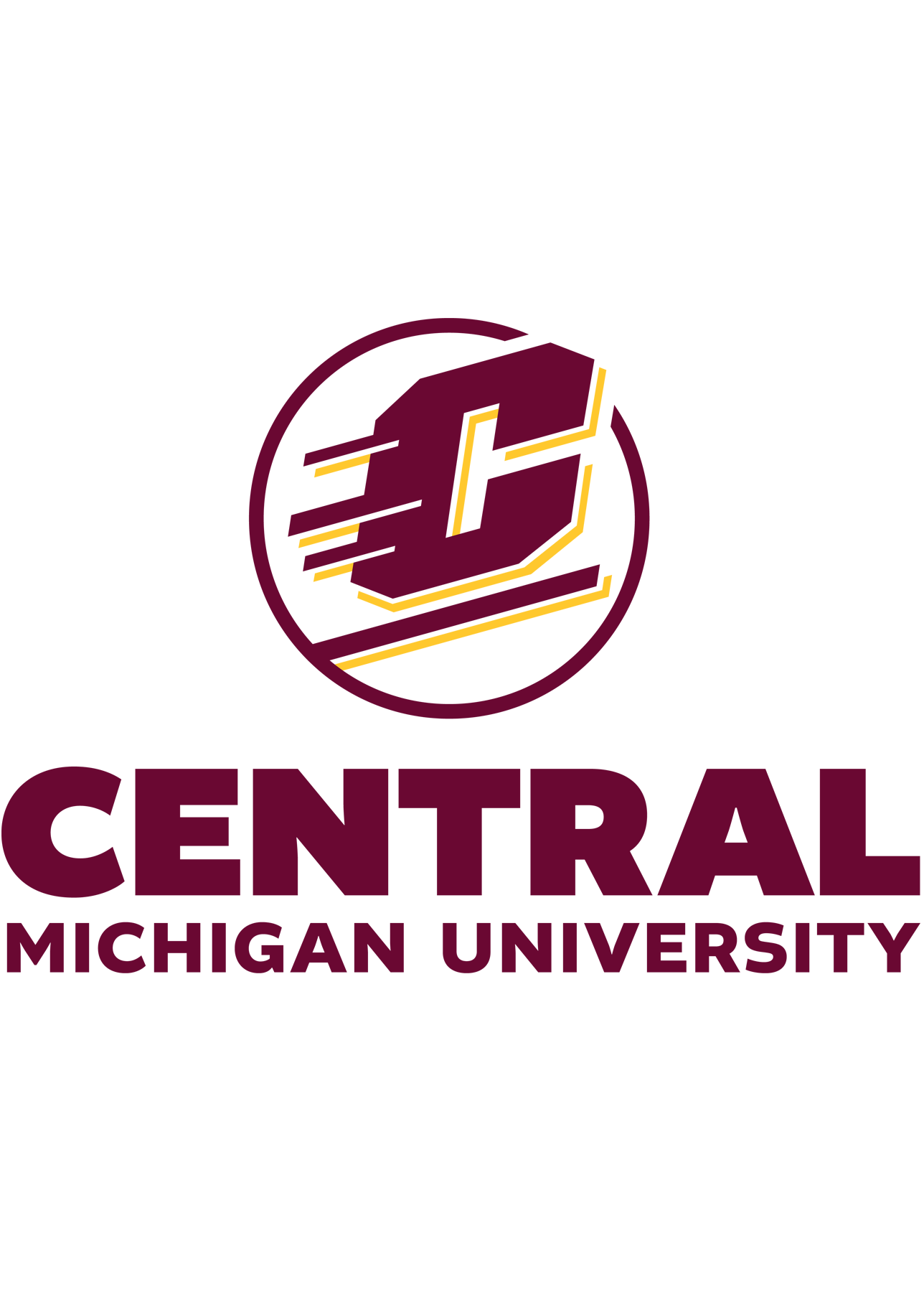
Central Michigan University
Intelligent Score: 86.69Undergraduate Tuition
In-state: $12,296
Out-of-state: $22,881
Graduate Tuition
In-state: $14,223
Out-of-state: $14,223
Test scores
SAT: 1000-1210
ACT: 20-26
ESTIMATED COST PER CREDIT
$770
DELIVERY FORMAT
Online
ACCREDITATION
Association to Advance Collegiate Schools of Business
REQUIRED CREDITS TO GRADUATE
36
How We Rank Schools
This list features some of the best online MBA programs that don’t have a GMAT requirement at top colleges across the country. Each school featured is a nonprofit, accredited institution — either public or private — with a high standard of academic quality for post-secondary institutions.
The programs on our list are available at accredited institutions, including The Association to Advance Collegiate Schools of Business (AACSB) and the Accreditation Council for Business Schools and Programs (ACBSP), both reputable organizations that assess business programs for educational excellence and a commitment to quality education.
We evaluated each school’s program on tuition costs, admission, retention and graduation rates, faculty, reputation, and the student resources provided for online students. Then we calculated the Intelligent Score on a scale of 0 to 100. Read more about our ranking methodology.
Next, we compared this comprehensive list of online [degree] programs to a list of aggregated college rankings from reputable publications like the U.S. News & World Report, among others, to simplify a student’s college search. We pored through these rankings so students don’t have to.
MBA Degree Concentrations
Is a specialized MBA degree better than a general MBA degree?
When considering an MBA program that does not require the GMAT, one of the crucial choices you’ll face as a business student is whether to pursue a specialized business degree or follow a more general path. Michelle Pickett highlights the advantages of both options.
Pickett says, “Business degrees give you a general understanding of key business operations, issues, and processes.” These degrees can equip you with the skills to become a proficient manager or leader in the business world. However, Pickett emphasizes the additional benefits of specializing in specific business areas.
Opting for a specialized business degree allows students to enhance their expertise in particular facets of business. For instance, Pickett explains that “learning the principles of managerial accounting is different from understanding the skills related to effective marketing or those needed for Human Resources management.”
What are some common MBA degree concentrations?
Many MBA programs without a GMAT requirement offer an identical curriculum to programs that still hold the GMAT requirement. In the following list, we explore some of the most common concentrations within MBA programs that may be available to you.
Finance
Money-savvy students with a keen interest in economics may be well suited to pursue an MBA with a concentration in finance. This degree plan focuses on financial management, investment analysis, corporate finance, and banking.
Marketing
Students with an analytical mindset and an aptitude for storytelling may enjoy pursuing an MBA with a concentration in marketing. This concentration emphasizes marketing strategy, consumer behavior, branding, market research, and digital marketing.
Operations Management
The most organized students may be well equipped to earn an MBA with a concentration in operations management. This degree plan concentrates on supply chain management, logistics, quality control, process improvement, and operations strategy.
Human Resources Management
Outgoing individuals who value maintaining a harmonious work environment may enjoy earning an MBA with a concentration in Human Resources management. Students in this field focus on talent acquisition, training and development, compensation, labor relations, and organizational behavior.
Healthcare Management
Students with a strong capacity for leadership and an ethical mindset may be well suited to earn an MBA with a concentration in healthcare management. This degree plan is tailored for individuals who manage healthcare organizations, covering healthcare policy, operations, marketing, and strategic planning.
Career Opportunities for MBA (No GMAT Required) Degree Graduates
Career trajectories
MBA graduates have a wide range of career trajectories available to them. While specific opportunities can vary based on your unique set of strengths, experience, and specialization, here are some popular paths for MBA degree graduates:
- Business Consultant: Many MBA graduates enter the consulting industry, working for prestigious firms that provide strategic advice to businesses. They help organizations improve operations, solve complex problems, and drive growth. Median annual salary: $93,000
- Financial Manager: MBA graduates often pursue careers in finance, and many take on roles in financial management. Individuals in this role oversee an organization’s financial health and operations. Median annual salary: $131,710
- Marketing Manager: Graduates with an MBA can excel in marketing, holding positions in marketing management. They develop and execute marketing strategies to promote their clients and drive customer engagement and sales. Median annual salary: $135,030
- Nonprofit Manager: Some MBA graduates choose to work in the nonprofit sector, applying their business acumen to address social and environmental challenges. They may hold program management, fundraising, or strategic planning positions within nonprofit organizations. Median annual salary: $100,810
- Human Resources Manager: HR careers are also open to MBA graduates with a strategic understanding of business and can contribute to talent management, organizational development, and employee engagement. Pursuing a career as an HR manager is a particularly lucrative position well-suited to MBA graduates. Median annual salary: $126,230
Is an MBA degree worth it?
According to Pickett, MBA graduates who completed a program without an MBA requirement find value in obtaining an online business degree. “Earning an online business degree is valuable in preparing students to pursue careers in leadership, managerial, sales, and operational areas,” Pickett says. Hence, individuals interested in these career fields would benefit from a business degree.
While many students opt for a business degree due to its flexibility and potential for career progression, the consistently increasing demand, promising income prospects, and networking possibilities within the field make it a prevalent choice for driven and ambitious individuals.
Although nearly all MBA specializations are expected to see significant job growth over the next decade, management, in particular, remains a prosperous and in-demand field. The Bureau of Labor Statistics predicts an 8% increase in management jobs over the next ten years, amounting to an additional 883,900 manager positions that recent MBA graduates can fill.
However, management isn’t the only lucrative field for MBAs to enter — graduates specializing in finance have strong employment potential. The demand for financial managers is expected to increase by 17% through 2031.
Earning an MBA is a surefire way to increase your earning potential. According to Payscale.com, individuals holding an MBA earn an annual salary of $92,000, whereas those with a Bachelor’s in Business earn an average yearly salary of $70,000 — resulting in a $22,000 salary increase.
Return on Investment
When evaluating the value of pursuing a business degree, it’s crucial to consider the return on investment (ROI). According to EducationData.org, graduates can expect an initial decline in their ROI within the first ten years, reported as -28.3%. However, the ROI increases significantly over more extended periods. Specifically, the 20-year RIO stands at 68%, and the 40-year ROI soars to an impressive 371.3%.
Furthermore, specialized business degrees exhibit even higher ROIs. For instance, business accounting degrees demonstrate an average 10-year ROI of 17.4%, highlighting the potential financial benefits of this specialization. Similarly, business finance degrees showcase a 10-year ROI of 42.2%, indicating the potential for enhanced returns in this field.
Online College/Degree Scholarship Database
Intelligent Scholarship Finder Tool
"A Helping Hand" Scholarship
Award Amount: $500
Due Date: January 31, 2025
"Follow Your Own Path" Essay Scholarship
Award Amount: $500
Due Date: January 31, 2025
"Tuition Solution" Scholarship for STEM Students
Award Amount: $500
Due Date: January 31, 2025
$25k "Be Bold" No-Essay Scholarship
Award Amount: $25,000
Due Date: Closed for 2024
(ISC) Graduate Cybersecurity Scholarship
Award Amount: $5,000
Due Date: Closed for 2024
(ISC) Women in Information Security Scholarship
Award Amount: $5,000
Due Date: Closed for 2024
A.C. "Kate" & Leo Joseph Merlone St. Dominic Catholic Church of Saginaw Member Scholarship
Award Amount: Varies
Due Date: Closed for 2024
A.C. "Kate" & Leo Joseph Merlone Teaching Scholarship
Award Amount: Varies
Due Date: Closed for 2024
a/e ProNet David W. Lakamp Scholarship
Award Amount: $5,000
Due Date: Closed for 2024
AAAE Native American Scholarship
Award Amount: $1,500
Due Date: March 15, 2025
How To Choose an MBA Degree Program
When choosing the right MBA program to suit your needs, Michelle Pickett says you should “be sure to gather information sufficient about the program to make a sound decision.” This research is especially relevant if you’re considering a specialization, as “some programs may offer specializations that will enhance your knowledge in specific areas of business,” she continues. By making a decision focused on your interests and future specializations, you increase your chances of being successful in the program.
Furthermore, Pickett suggests you should also “consider how the completion of this program will contribute to your professional goals.” While many online MBA programs offer various means to meet multiple goals, it’s crucial to consider how each can help you thrive in this field in alignment with your original objectives.
It’s also important to consider the program’s cost and how you will finance it. Pickett highlights employer reimbursement as a particularly excellent method of degree financing. She recommends that students “investigate what tuition reimbursement options may be available from your employer. Some employers may reimburse you for your education if your degree is related to their industry.”
Lastly, you’ll want to carefully weigh the advantages and disadvantages of earning your degree online. Pickett recommends that you “understand your learning style/preference and ask yourself, ‘Can I learn best in an online classroom?’ If so, what modifications do I need to make in my daily life to ensure I set aside enough time to be successful in this program.” By adjusting your lifestyle to accommodate the requirements of your MBA, you can set yourself up for success before the program begins.
5 Steps To Earning an Online MBA Degree
1. Make sure it’s the right choice
Before beginning an online MBA program, ensuring it’s the right choice for you and your professional goals is vital. You can feel confident in your decision by:
- Researching the industries and positions you are interested in and determine if an MBA is valued or necessary for advancement
- Reflecting on the specific skills and knowledge you hope to gain from the program and how they will benefit your professional growth
- Considering the financial implications of the program and assessing the potential return on investment
- Evaluating how an online MBA program fits with your commitments, such as work or family responsibilities
- Researching the employment outcomes and post-MBA career prospects of graduates from the program to assess if it aligns with your expectations and financial goals
By carefully considering these aspects, you can ensure that pursuing an online MBA program is the right choice for your career aspirations, learning style, and personal circumstances.
2. Research schools and programs
When considering schools and programs for your online MBA, conducting thorough research is essential to make an informed decision. These steps help you gather the necessary information to decide about the schools and programs that best align with your goals and preferences for an online MBA.
- Seek Accreditation: Look for accredited schools and programs accredited by recognized accrediting bodies. Accreditation ensures that the institution meets specific educational standards and that employers and other institutions will value your degree.
- Explore Program Curriculums: Evaluate the curriculum of each program you are considering. Look for a comprehensive and up-to-date curriculum that covers relevant subject areas. Assess whether the program offers courses aligned with your career goals and provides opportunities for concentration in your areas of interest.
- Assess Faculty Qualifications: Investigate the qualifications and expertise of the faculty members teaching the program. Look for faculty who possess industry experience, advanced degrees, and a strong track record in teaching online courses.
- Consider Program Format and Structure: Evaluate the program’s format and structure to ensure it aligns with your learning style and schedule. Look for flexibility regarding asynchronous learning, the availability of recorded lectures, and the opportunity for interactive sessions with instructors and fellow students.
- Research School Reputation: Consider the reputation and rankings of the school offering the online MBA program. Look for reviews, testimonials, and feedback from current and former students. Research the school’s alum network and the success of its graduates in the job market.
3. Prepare for tests and applications
Since these online programs don’t require a GMAT, preparing for a standardized test is unnecessary. However, several ways still exist to prepare your application and enhance competitiveness. Here are some strategies to consider:
- Highlight Professional Experience: Emphasize your professional experience and achievements in your application. Showcase your career progression, leadership roles, project successes, and significant contributions to demonstrate your readiness for an MBA program.
- Showcase Academic Performance: Highlight your academic achievements, such as a high GPA, relevant coursework, or academic honors. Provide transcripts and certificates that showcase your intellectual capabilities.
- Craft a Compelling Personal Statement: Use your personal statement to articulate your motivations for pursuing an MBA, your career goals, and how the program aligns with your aspirations. Be specific about how your background and experiences make you a valuable candidate for the program.
4. Determine how you’ll pay for your degree
Figuring out how to finance your MBA degree requires careful consideration and planning. Start by evaluating your current financial standing, and consider your savings, income, existing debts, and other financial obligations. To develop a robust financial plan, you’ll want to understand your financial capacity and determine how much you can contribute to funding your MBA.
Next, you should research the costs associated with attending the programs you’re interested in. Consider tuition fees, textbooks, technology requirements, living expenses, and transportation costs. This way, you’re looking beyond the advertised tuition and considering the overall cost of completing the program.
Lastly, research the financial aid options available for MBA students, including scholarships, grants, assistantships, fellowships, or employer tuition reimbursement programs. It may help to check with the schools you are applying to and any external organizations offering graduate students financial aid.
5. Select your program
By carefully weighing factors such as the program’s curriculum relevance, faculty qualifications, program format and flexibility, reputation, and financial aid options, you can confidently make a well-informed choice that sets you on the path to a successful and rewarding online MBA experience.
